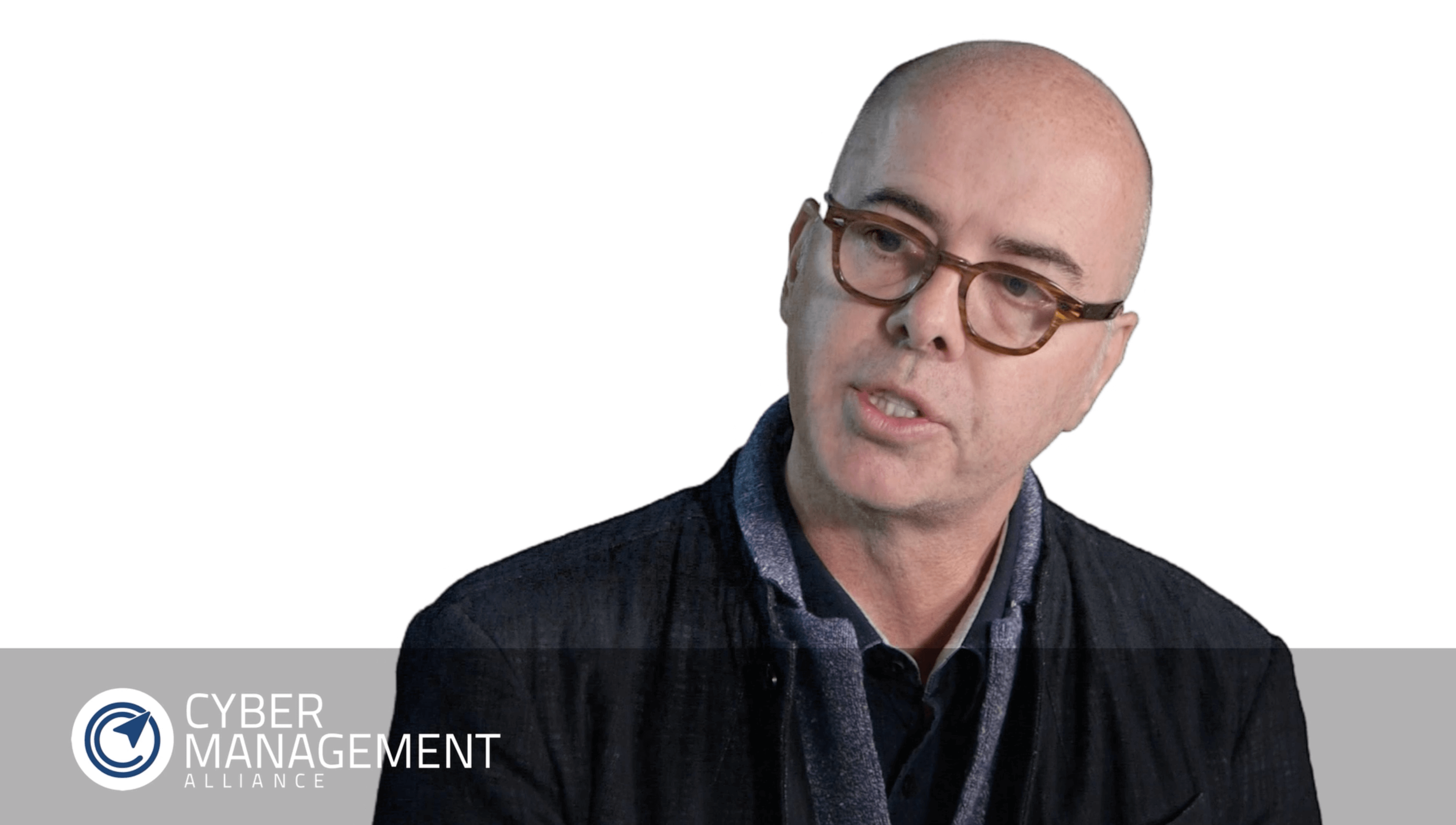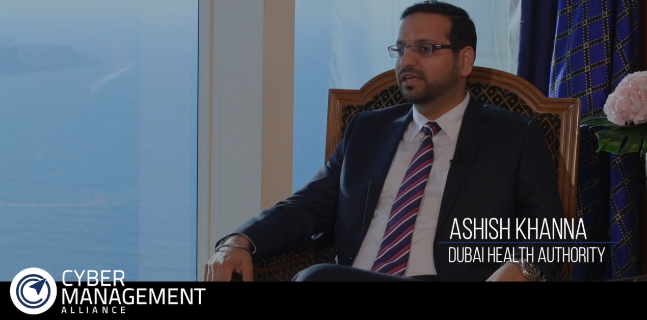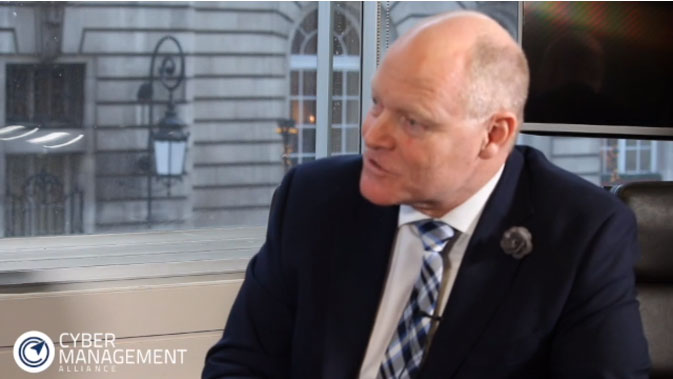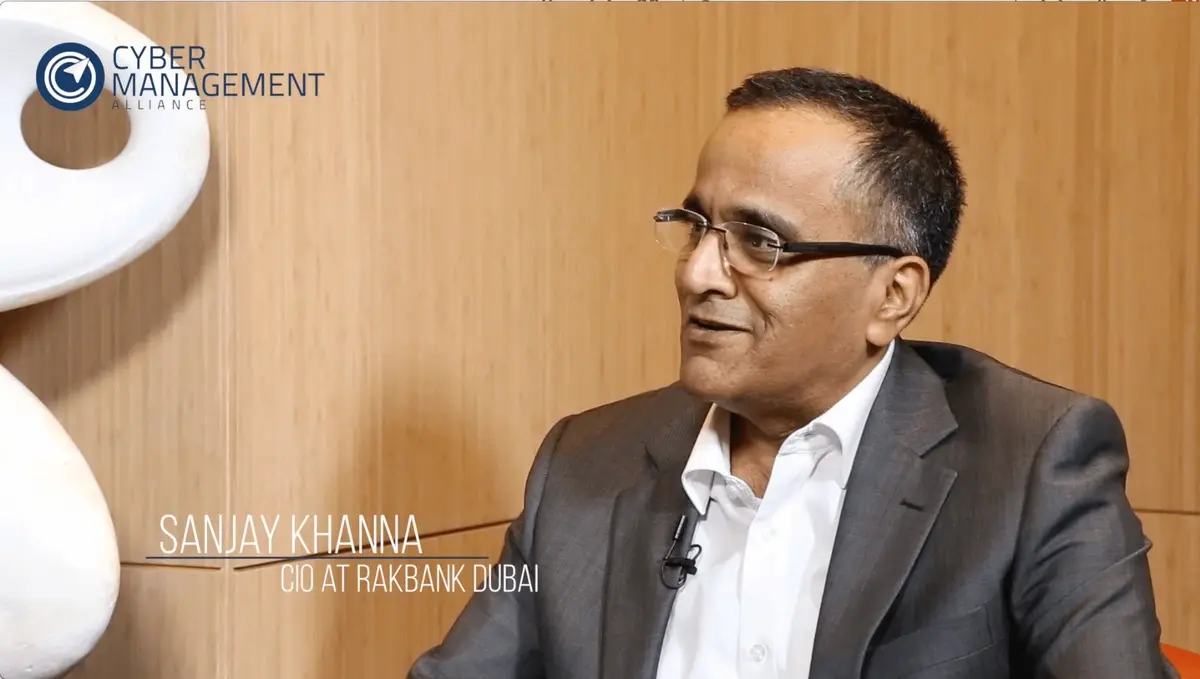Amar Singh Talks to Abdullah Al Barwani, Director-General at ITA, Oman
Date: 14 June 2017
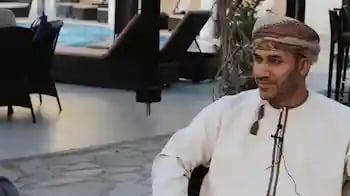
Amar Singh, CEO and co-founder of Cyber Management Alliance (CMA), leading providers of cyber security training and educational webinars, talked to Abdullah Al Barwani, Director-General of Infrastructure at ITA, Oman for CMA's informative Insights with Cyber Leaders interview series.
The aim of Cyber Management Alliance's interview series, Insights with Cyber Leaders, is to gather and share valuable and informative insights from information and cyber security thought leaders and professionals to share with the cyber and security industry worldwide.
A career in Information Security
Amar asked Abdullah to enlighten us on his career path to his current position at ITA, Oman, that of Director-General of Infrastructure. Abdullah was among the first group of people in Oman that specialised in information technology, but not by a degree. He worked in the field of information technology before moving into system administration and from there, into information security.
For Abdullah, moving into different fields of information technology enabled him to do a better job within information security. He expands:
“The companies I worked at, the training I received, the different projects I worked on and the people I worked with all helped in developing my career, and in being able to take a holistic approach to information security.”
It's about the focus. Abdullah had a clear idea about what he wanted to be and on how to get there. He knew he wanted to work information security and put all his efforts into being an information security manager, and now he's among the first group of information security practitioners in Oman.
Are certifications important?
In early 2000 information security was very new. Many universities and education institutions didn’t offer information security as a subject or certification, so the focus was more on specialised certifications.
In terms of which certifications, Abdullah believes it depends on your specialisation; but you can’t do it all in information security so, you become very specialised. For example, you specialise in data security or in system security, or information security management, and this is your focus on in terms of certifications
For Abdullah, he had the opportunities to do a little of everything but, later on, focused on one area – information security management - and the certifications for that, including ISACA's Certified Information Security Manager certification.
The Cloud and Oman
Abdullah points out that Oman has always liked to be a pioneer in technology, and that they like to take full advantage of what technology can offer. He believes that the Cloud as a technology is still evolving. Many companies are frequently changing their architecture and the way they do things, even within the cloud itself, and they offer new services every time they change. In Oman, it made a lot of sense for the government to adopt Cloud technology.
“We did an assessment on how much of a saving we could make as a government, including in terms of infrastructure, resources and also the manpower that would have been required to manage the government’s systems and infrastructures.”
For ITA, the vision is to be able to share Cloud services for all the government organisations. So, Abdullah explained, instead of every government organisation having to manage their own infrastructure, they are using centrally managed shared services as a whole.
“We treat all government organisations as customers who come and host their services in our cloud,” he said. “We can save costs and ensure better security because we focus on one centralised system.”
The Cloud is very dynamic; Oman are pioneers in adopting open source platforms for their Cloud implementation and ITA's Cloud is completely open source - it is something that they are proud of. It enables them to retain in-house competency, allows them to customise solutions according to their requirements, as well as the capability to upscale as and when needed.
Your people are your most valuable asset
Oman is very proud of their information security achievements, and also have a strong focus on their people. Abdullah expands on this:
“We talked about focus earlier and for me as a person, and as an organisation, we really believe in people. We know that the most valuable asset in an organisation is the people. So, for us, when we established information technology, we had a clear vision of where we wanted to be, a clear business model on how we were going to offer our services and what those services were, and we knew that we couldn't achieve this vision or maintain our infrastructure without the people.”
At ITA, they have a clear career path for each individual in the team; they created a very good team that was very competent and capable in areas that are much needed within the information security domain, and around the world.
The ideal candidate
Passion is very important and it is something that Abdullah assesses when he interviews people. But there's also the CV. For him, the CV says something about that person, not everything, but something. In addition to this, Abdullah explains they also provide on-the-job training for people who are graduating from their college.
“We invite them to come to ITA and work for us for a month to three months during their summer holidays. This gives us an opportunity to assess the person – his attitude, his passion, his capabilities, and if we believe they will make it in their chosen career path.”
Women in technology and security
Abdullah explained that in Oman, they don't segregate or have a preference on gender, that is very clear. Because of this, they have women enabled in the community and in academy institutions. Plus, a very good percentage of the graduates in information technology and security are women.
Listen to Abdullah’s exclusive interview for more of his insights and tips on information security.
